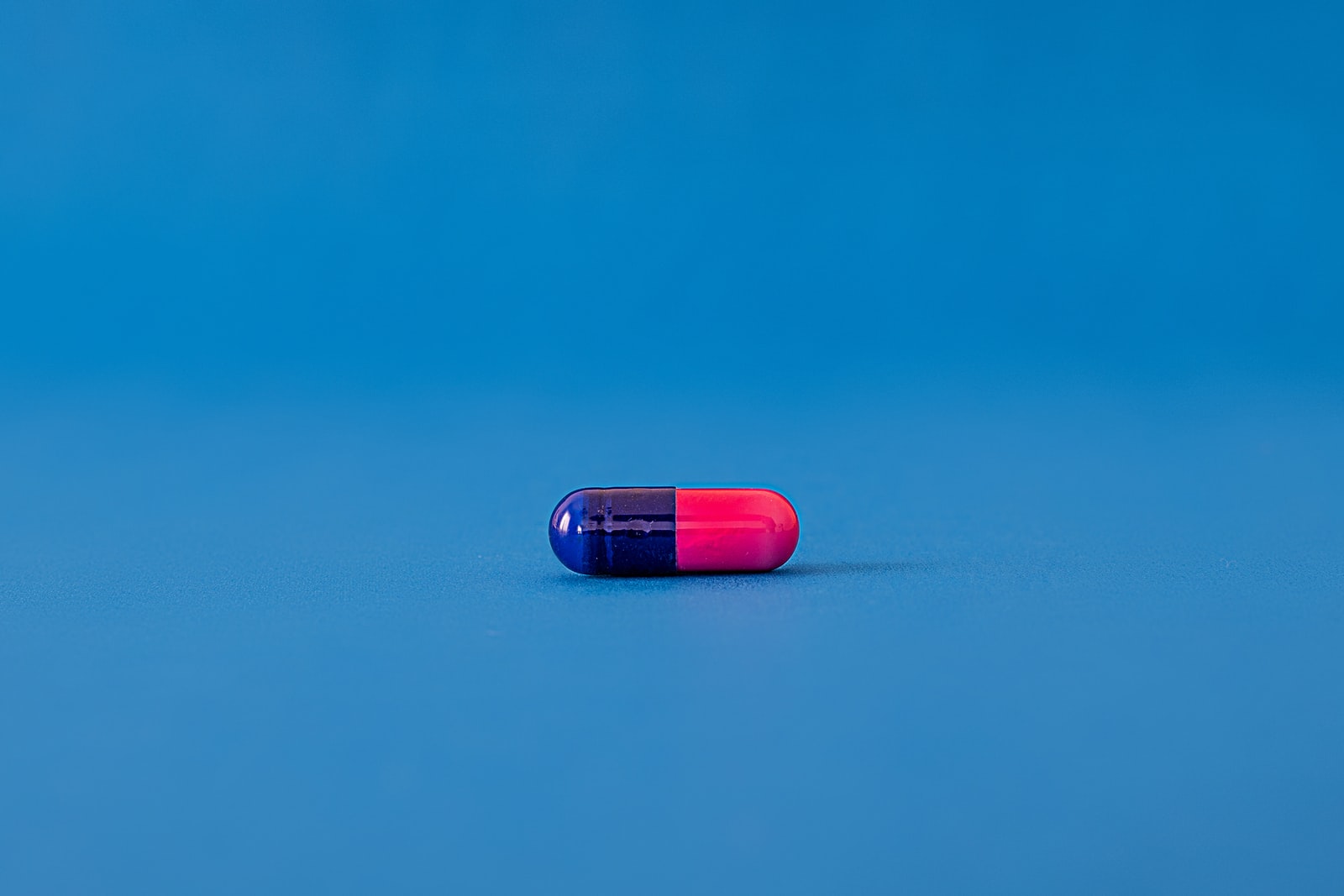When it comes to our health, we often put a lot of trust in the medication that our doctors prescribe for us. We assume that if a medication is commonly used, it must be safe and effective. But what if that wasn’t always the case? Let’s take a closer look at some of the most commonly used medications and explore some of the potential risks associated with them, as well as how to safely use these medications and when it might be best to consult with a doctor before taking them. So whether you’re currently taking medication or are just looking for more information about it, read on for some important insights into commonly used drugs.
1. How They’re Made
Many drugs that we use today have gone through a long process of production. While generic drugs are often made using the same active ingredients as brand-name products, there can be differences in inactive ingredients and fillers or binders used to make the medicine. It’s important to understand how your medication was produced, so you can better understand its potential side effects. By getting familiar with the manufacturing process of most medications, you can be sure that the medication you’re taking is safe and effective. Additionally, you can talk to your doctor if you have any questions or concerns.
2. Potential Side Effects
Most medications come with the potential for side effects, and it’s important to be aware of these before taking any medicine. Common side effects include headaches, dizziness, nausea, drowsiness, and dry mouth. Some medications may also cause more serious side effects like insomnia, depression, or heartburn. Be sure to ask your doctor about any possible risks associated with the drug before taking it so that you’re prepared for any potential consequences.
3. Drug Interactions
Drug interactions are a very real possibility when taking multiple medications at once. When two drugs interact negatively with each other in the body, it can lead to an increase in side effects or a decrease in the effectiveness of one or both medications. Your doctor should know if your medications could interact negatively and will be able to tell you how to safely take them together. And, if you’re taking multiple medications at once, it’s always important to keep your doctor in the loop about any new supplements or other drugs that you start taking.
4. Overdose Risk
Though it’s rare, an overdose of certain medications can have life-threatening consequences. Be sure to keep track of exactly how much of each medicine you’re taking, and never try to increase the dosage on your own. If you think that you may have taken too much of a particular medicine, contact your doctor immediately. A group of medications called benzodiazepines can be particularly dangerous if taken in excess. Symptoms of an overdose of benzodiazepines include confusion, drowsiness, shallow breathing, loss of consciousness, and coma.
5. Contraindications
Certain medical conditions or other drugs that you may be taking may contraindicate the use of certain drugs. This means that taking them together could be dangerous for you. Be sure to talk to your doctor about any medical conditions, allergies, or other drugs that you may be taking before starting a new medication. For example, some antibiotics may interact with birth control pills, making them less effective. Be sure to tell your doctor about any contraindications before taking a medicine. Additionally, some medications may be contraindicated for certain age groups or pregnant women. Talk to your doctor about any special considerations you might have in deciding whether to take a particular medication.
6. Storage and Disposal
How you store and dispose of medications is also important for safety reasons. Most drugs should be kept in their original containers away from heat and moisture. Excess or expired medications should be disposed of properly at a drug take-back program near you. Because of this, it is important to keep track of expiration dates and dispose of medications according to the instructions provided in the package information or on the drug label. Additionally, it is important to remember that you should never flush medications down the toilet or drain, except as directed by your healthcare provider or pharmacist.
Whenever you’re considering starting a new medication, it’s always best to consult with your doctor first. They will be able to provide personalized information about the risks associated with certain medications, as well as potential alternatives if needed. Additionally, they can help monitor for any changes in your health that may be attributed to the medicine. Ultimately, understanding how medications are made, potential side effects and drug interactions, overdose risks, contraindications, proper storage, and disposal methods can help you better protect yourself against any potential harm associated with taking certain drugs.


